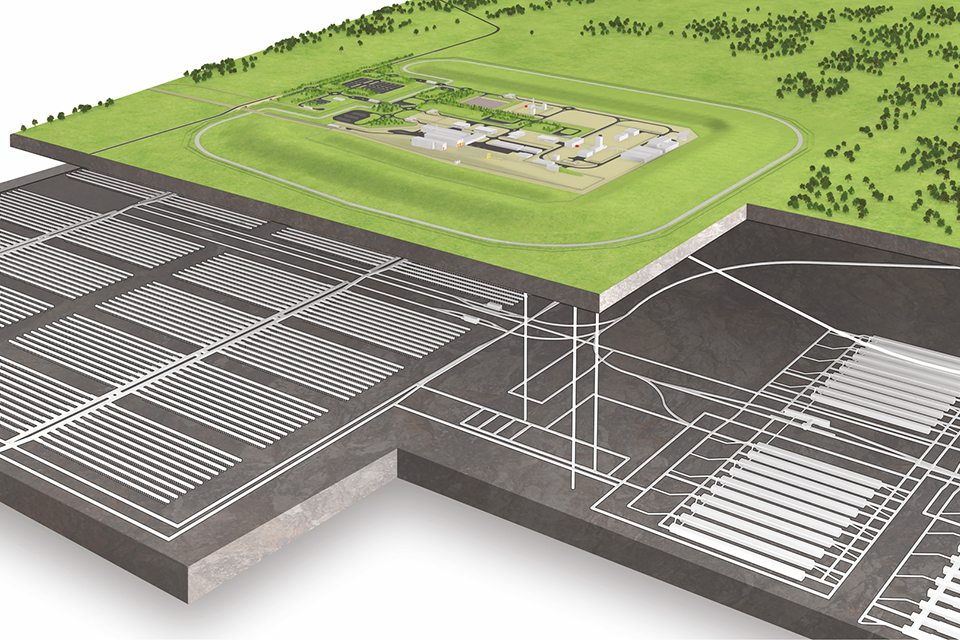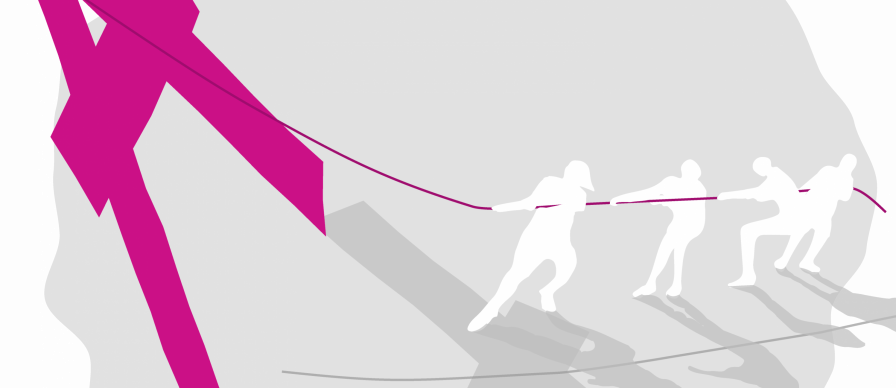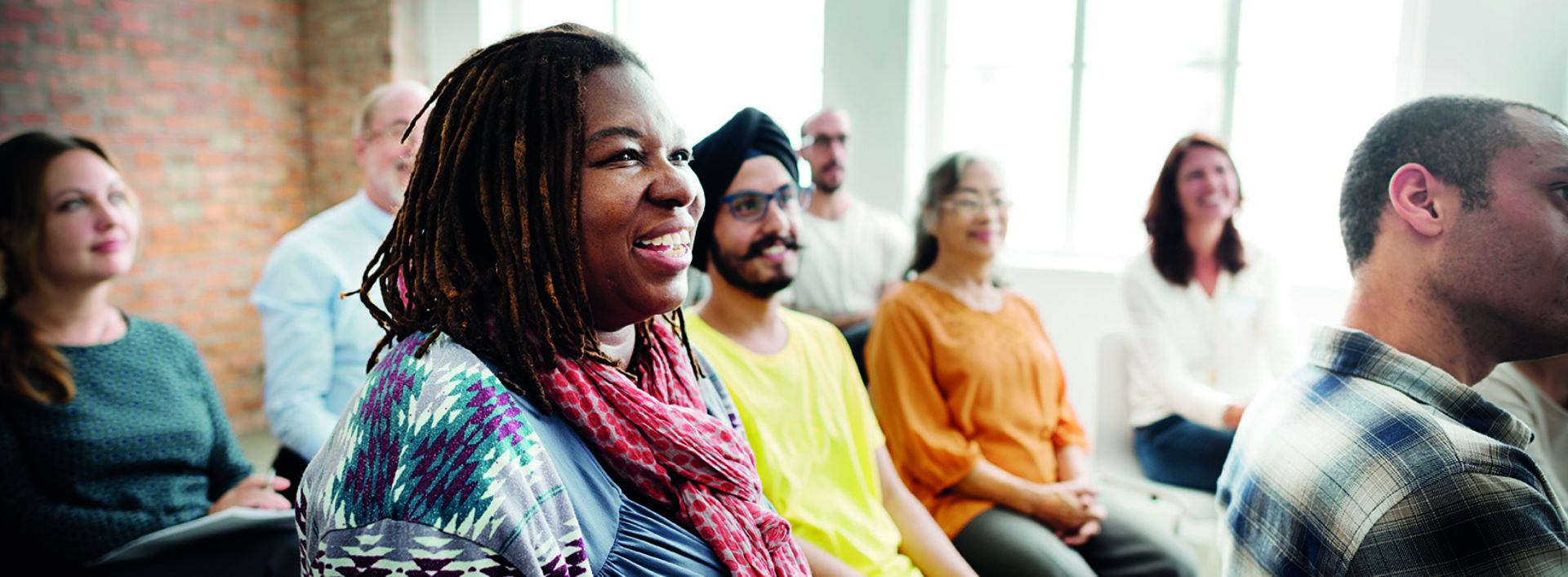The guidance sets out the need for effective community engagement, and it is a welcome move. One of the areas where people feel most powerless is in the planning process. Research by Grovesnor Group showed that only two per cent of people trust developers to act in an honest way when planning and executing large-scale development.
This new guidance states that, “Engagement activities offer an opportunity to work collaboratively with communities to shape better places for local people…[and]… It is important that local planning authorities or applicants demonstrate how all views are listened to and considered”.
Community Organisers have been pushing for those involved in regeneration and redevelopment to utilise the principles and practice of community organising, and we are seeing moves by those in infrastructure to adopt these changes.

A project that goes even further than this is Radioactive Waste Management’s (RWM) geological disposal programme. As the UK’s largest environmental infrastructure project, community engagement is required even before the statutory planning process begins.
RWM will work in partnership with communities in England and Wales in the first community consent-based siting process ever undertaken in the UK for an infrastructure project of this size.
Communities all over the UK have used nuclear technologies for over 60 years. But this use, in power generation, industry, medicine and defence, has created waste which needs to be managed for the long term.
And this is where geological disposal comes in. There is international consensus that the best permanent solution for dealing with certain types of solid radioactive waste is to isolate it deep underground in a specially engineered network of vaults and tunnels built into the solid rock – a Geological Disposal Facility (GDF).

The siting and construction of a GDF will be one of the most significant long-term environmental protection projects ever undertaken in the UK. So over the next few years RWM will work closely with communities to find out if a GDF fits with their vision for their area.
The process starts with RWM making available lots of information, and then moving into informal discussions and fact-finding with interested parties. RWM will work with communities where there is interest by forming Working Groups and then Community Partnerships to engage widely. Funding will be made available to ensure people can be properly informed and involved in the process as well as community investment funding for projects that, for example, improve community wellbeing, develop new skills and enhancements to public spaces.
Communities have an ongoing right of withdrawal from the discussions and the local population must give explicit consent to host a facility through a test of public support, before a planning application for a facility can be made, so the success of this multi-generational endeavour depends on finding a suitable site with a willing host community.

The eventual host community will benefit from significant long-term investment in infrastructure, facilities and jobs, realising community benefits which might include developing community facilities, roads and railways, new housing, schools, and environmental spaces.
The guidance that has been published and the aspirations of RWM is the reason why Community Organisers is in conversations about how the principles of community organising can be applied in the context of regeneration, redevelopment, and large scale infrastructure projects.
Community organising starts with listening to people on a one-to-one basis. This listening creates trust, and builds relationships. By building relationships it creates the opportunity for people to come together and host conversations on challenging issues in a safe space. The conversations can be with policy makers and those with power, but are built on the premise of finding shared solutions.
To learn more about the GDF programme, please watch the short animation at the top of this blog or visit RWM’s website HERE.
Guest Blog by Annabelle Lillycrop, Regional Manager, RWM.
Listen, Talk, Engage – unlocking community potential






